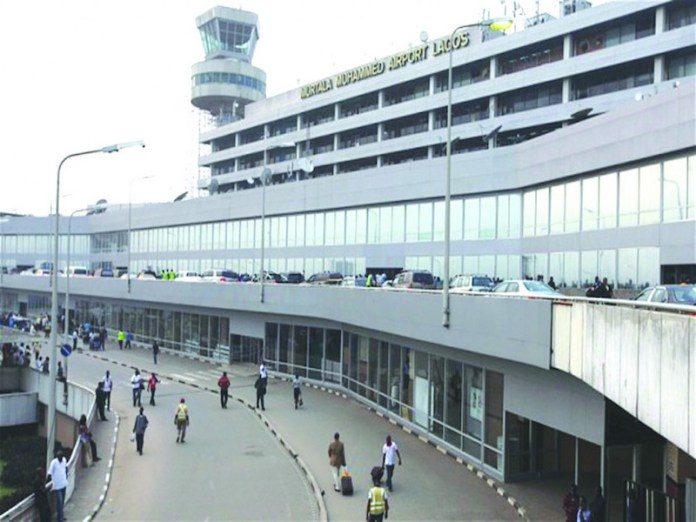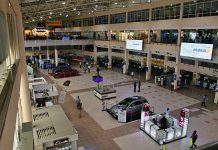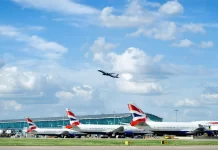The Federal Government has finalized plans to demolish the old terminal of the Murtala Muhammed International Airport (MMIA) in Lagos and replace it with a new, modern facility. The move comes forty-six years after the terminal first opened to the public in 1979 and is part of a broader effort to modernise Nigeria’s aviation infrastructure to meet global standards.
Minister of Aviation and Aerospace Development, Festus Keyamo, announced the development via his official X handle, noting that the existing terminal—originally built to accommodate around 200,000 passengers annually—now processes more than 3 million passengers per year. He emphasized that the infrastructure has nearly collapsed under the weight of overuse, with national air traffic now standing at roughly 15 million passengers annually. According to Keyamo, the new terminal will have a projected annual capacity of 20 million passengers, and full project details will be revealed in the coming weeks.
Investigations reveal that the Federal Government has secured an agreement with China Civil Engineering Construction Corporation (CCECC) to carry out the demolition and reconstruction. Funding is reportedly in place, and work is expected to begin soon. The current terminal has long struggled with congestion and outdated facilities, despite previous efforts to ease pressure, including the opening of Terminal 2 and the construction of multi-storey car parks and modern taxiways.
While stakeholders have welcomed the planned overhaul, some have raised concerns about operational disruptions, security risks, and a lack of decentralisation in airport design. Security consultant Group Captain John Ojikutu (retd.) questioned the continued concentration of all airport activities on one side of the runways and called for better use of facilities like MM2 and the General Aviation Terminal. Others urged the government to engage experienced aviation architects and engineers and ensure the reconstruction is guided by a comprehensive plan with clear timelines and accountability.
Minister Keyamo, who has made infrastructure renewal a core part of his agenda, is being credited with reviving plans that had stalled under previous administrations. With MMIA serving as Nigeria’s leading international gateway and Lagos a key commercial hub, the terminal upgrade is seen as a strategic move to boost Nigeria’s position in regional and global aviation. The planned rebuild is expected to significantly enhance passenger experience, reduce congestion, and better reflect Nigeria’s aspirations for a modern, efficient aviation sector.
















